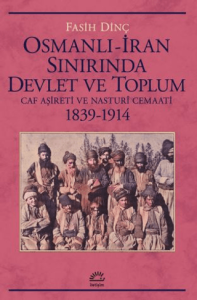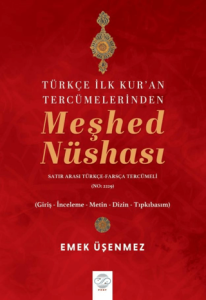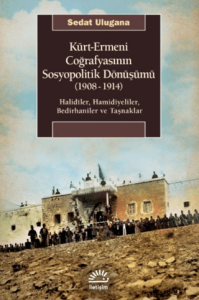
Journalist and writer Fikret Bilâ has spent 30 years reporting on all angles of the PKK conflict, which has involved the terror group in conflicts with all four neighboring countries.
More recently, the group’s Syrian wing has even begun attracting idealistic young recruits from across America and Europe.
After the Cold War ended, the PKK gave up its ideological commitment to Marxism and adopted the ideas of an American political theorist Murray Bookchin on how to create a new society.
In this book, Bilâ looks at what these ideas are, and how far they have been faithfully adopted in the attempt to put them into practice as the “constitution” of a new order.
Even most experts find the twisted history of the PKK, which has had to reinvent itself constantly over the years, difficult to follow.
Here, Bilâ finally demystifies the meaning and purpose of each of the group’s many tentacles, and undertakes a deep dive into the ideology that motivates it in war and in peace.
Journalist and writer Fikret Bilâ has spent 30 years reporting on all angles of the PKK conflict, which has involved the terror group in conflicts with all four neighboring countries.
More recently, the group’s Syrian wing has even begun attracting idealistic young recruits from across America and Europe.
After the Cold War ended, the PKK gave up its ideological commitment to Marxism and adopted the ideas of an American political theorist Murray Bookchin on how to create a new society.
In this book, Bilâ looks at what these ideas are, and how far they have been faithfully adopted in the attempt to put them into practice as the “constitution” of a new order.
Even most experts find the twisted history of the PKK, which has had to reinvent itself constantly over the years, difficult to follow.
Here, Bilâ finally demystifies the meaning and purpose of each of the group’s many tentacles, and undertakes a deep dive into the ideology that motivates it in war and in peace.





















